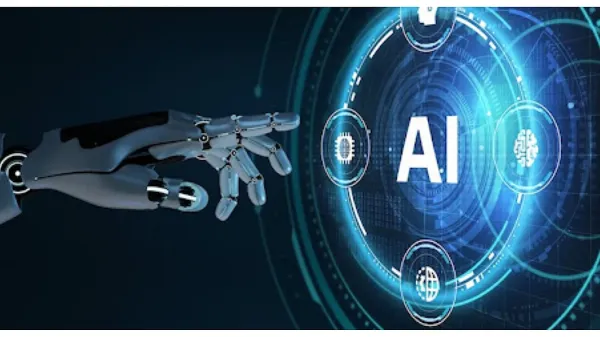
Manoj, a Class 4 student, experienced recurring fainting spells and visual disturbances, including hallucinations where familiar faces appeared distorted. Despite visiting multiple hospitals and undergoing various treatments, the cause remained elusive.
In a milestone example of how artificial intelligence is transforming modern medicine, AI tools like Perplexity played a pivotal role in diagnosing a rare neurological condition in a nine-year-old boy from Gurugram who had been suffering from unexplained daily blackouts for over five months.
Manoj, a Class 4 student, experienced recurring fainting spells and visual disturbances, including hallucinations where familiar faces appeared distorted, reports The Indian Express. Despite visiting multiple hospitals and undergoing various treatments, the cause remained elusive. It wasn’t until doctors at Artemis Hospital in Gurugram integrated artificial intelligence into the diagnostic process that a breakthrough was achieved.
The medical team used advanced AI diagnostic platforms such as Glass Health and Perplexity AI, feeding the child’s full medical history, test reports, and symptom patterns into the systems. These AI tools rapidly analysed large volumes of global medical literature and case studies, eventually identifying basilar artery migraine—a rare and often misdiagnosed form of vestibular migraine—as the most probable cause.
This AI-assisted diagnosis was later confirmed through clinical evaluations. The doctors then prescribed targeted migraine therapy, and within a week, the blackouts stopped entirely. Manoj is now back to school, resuming a normal life.
Dr. Manish Prakash, the ENT specialist leading the case, highlighted the growing significance of AI in clinical settings. “This case shows how AI can assist doctors in narrowing down rare or overlooked conditions, saving time and preventing patient suffering,” he said.
Recently, a woman took to social media to claim that ChatGPT helped save her mother’s life by identifying the true cause of a persistent, worsening cough that had lasted 1.5 years—something top doctors and major hospitals failed to resolve.
As artificial intelligence continues to evolve, its use in rare disease diagnosis is emerging as a game changer—bridging the gap between traditional medicine and next-generation healthcare solutions.